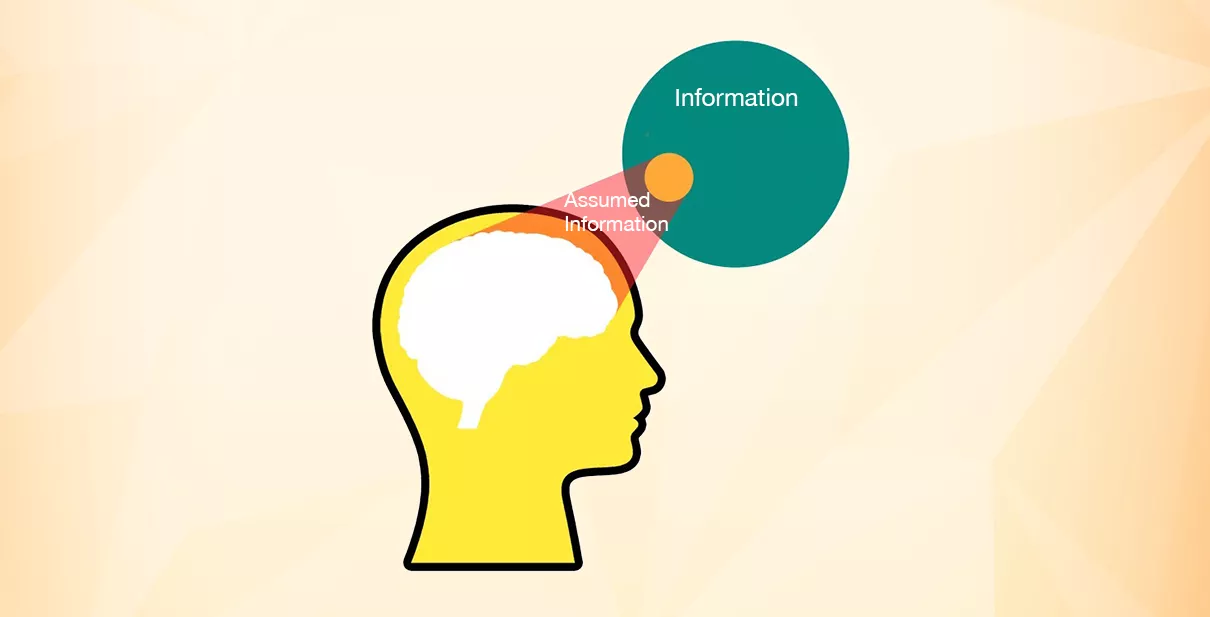- January 27, 2024
- by Prakash Lohana
- Articles
- 124 Views
- 0 Comments
One of my friends is working in an engineering company at senior management level. 60% of his personal investment portfolio consists of his employer company shares. When, I ask him why he is buying so many shares of his employer’s company. He always gives me details of performance and future plans of his company. When I discuss about other good companies and their results he is not ready to believe and invest in them. This is availability bias. We believe in information which is easily and readily available to us. This is a very common bias. In above case of my friend he trusts his company like anything because that information again and again comes in front of him but don’t look at information about other companies or don’t trust them. But when the same information about his company comes to me, I don’t give much importance to it because I also have similar information about other companies too. So importance of information about any company is similar and I analyse all the companies with same importance.
We create the picture of the world based on the information available to us. Also we give more importance to information which is served to us more dramatically or loudly rather than considering quantitative factors. To prove this I will ask you one question. Tell me the name of bath soaps available in India? Now observe yourself you will easily come up with 3 to 4 names that first come to your mind than you start struggling and still can come up with 1 or 2 more names. Now think why the first three names came to your mind immediately. Some of them have given very good advertisements again and again which you have seen and have made place in your brains

So you first come up with these names. This is availability bias. The other brands of soaps may be better than these soaps but as you have not been given that information about these soaps you remember these three and believe they are better. The things which are made available to you more number of times come immediately in our mind and we believe them more. Further if the ads are more dramatic we believe them more. We don’t go into quantities analysis.
I remember last year when we were going for the vacation in the month of June by plane and just one week before that my son saw a Tv programme on plane crashes, he clearly refused to come with us because he believed that there are high chances that our plane may crash. So by watching that programme on plane crashes probability of plane crash in his mind went up and his decision to travel by plane was influenced heavily by that information. If he had not seen that programme he could have easily travelled to planes for his whole life.
Human brains give more importance to easily available and recent information while taking any decisions. One of my clients is working in an infrastructure company, the company was not doing well for last few years, and so overall company had not given any salary rise to employees this year. Around a month back when I was discussing his portfolio with him, as a part of my investment recommendation I suggested him to invest some of his funds in few infrastructure equity funds. These funds were specific thematic funds and will invest in share of infrastructure companies but he was very pessimistic about the future of infrastructure companies and was reluctant to invest in infrastructure funds because of low performance of his own employer company. Two days before I was writing this article, I received a call from him asking me to invest his funds in infrastructure funds, when I went into details to find why his behaviour changed I found that his company got few orders one after another and this was sufficient to convert his pessimism to optimism. So the information which was available to him was very positive about infrastructure industry so future image he was making was very bright. On the other hand upto few days back it was reverse because information available to him easily was not speaking well about future of infrastructure companies in India. When I was arguing with him and giving him information that infrastructure companies will do well he was not was not ready to listen & consider the information that I was sharing. So we believe in the information that is easily available to us and start making very important investment decisions or life decisions on those basis.
Many clients when first come to me have bought lots of life insurance policies for investment. When I analyze those policies and tell them that they are not worth investing and they should buy insurance only for life cover and not for investment purpose. Their answer is simple that at the beginning of my career I saw all my colleagues & friends investing in life insurance policies so I thought it is correct approach and did the same. So they believed what information was available to them.

